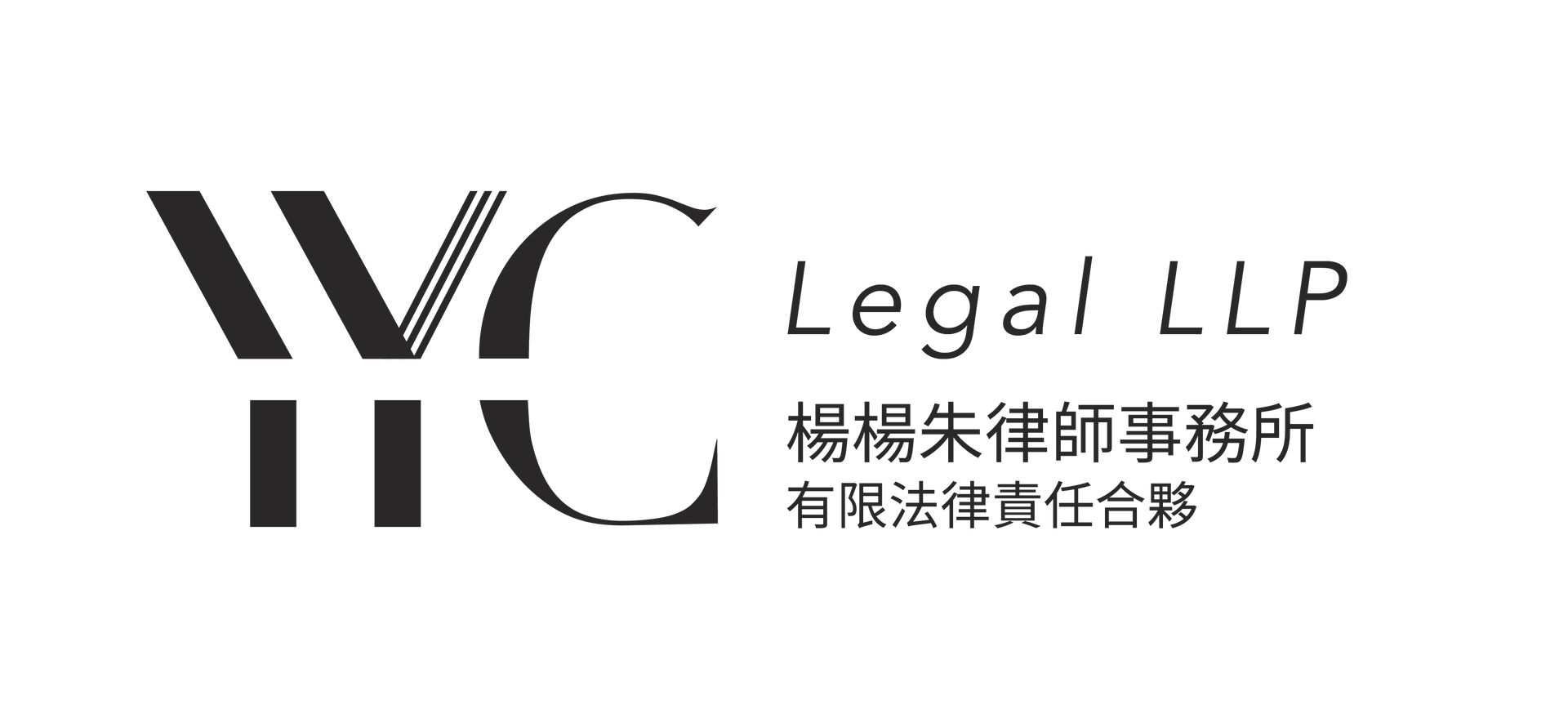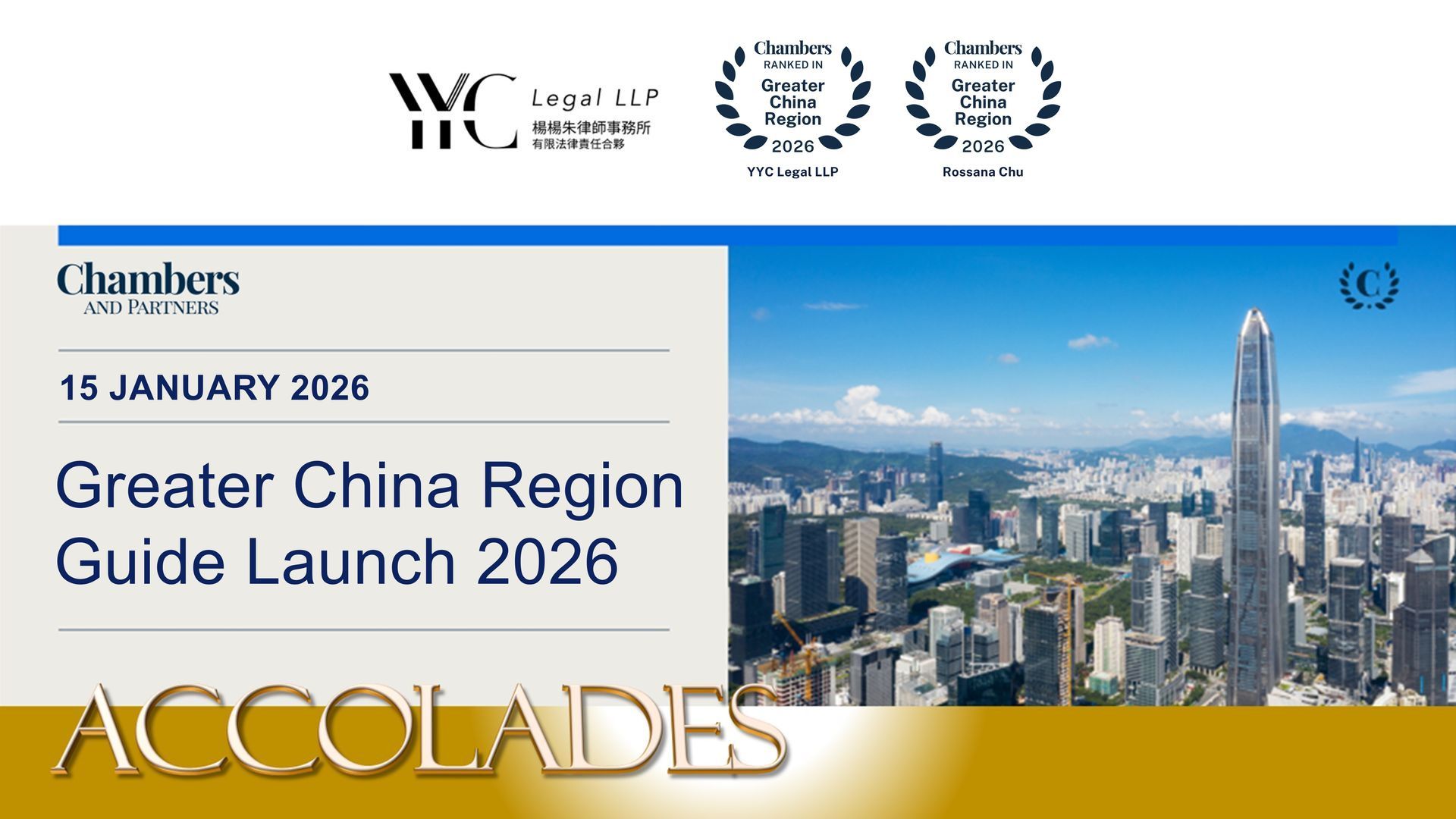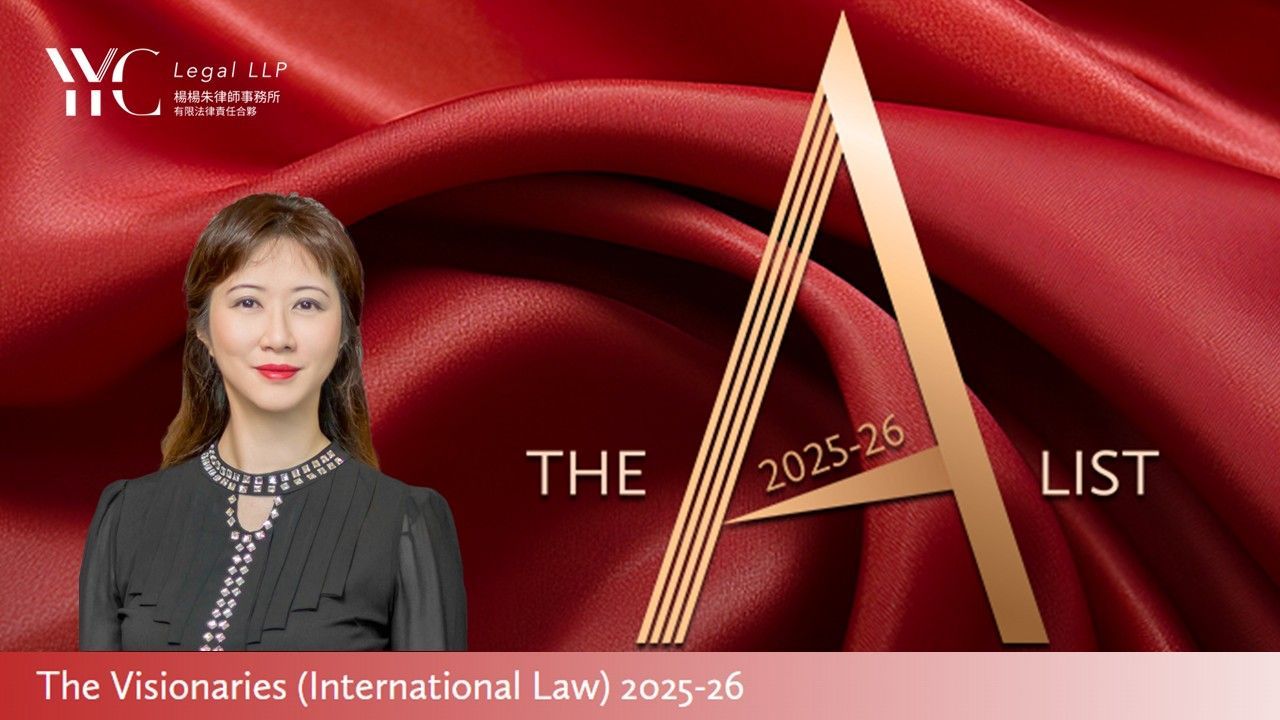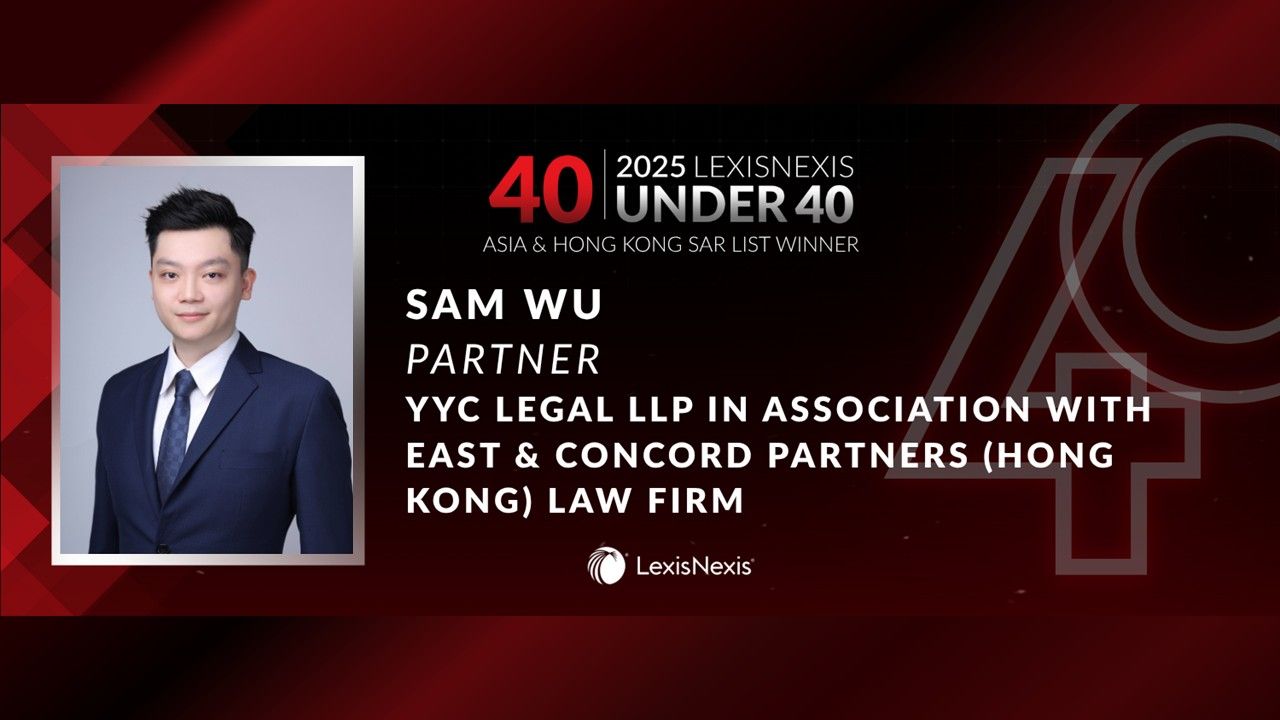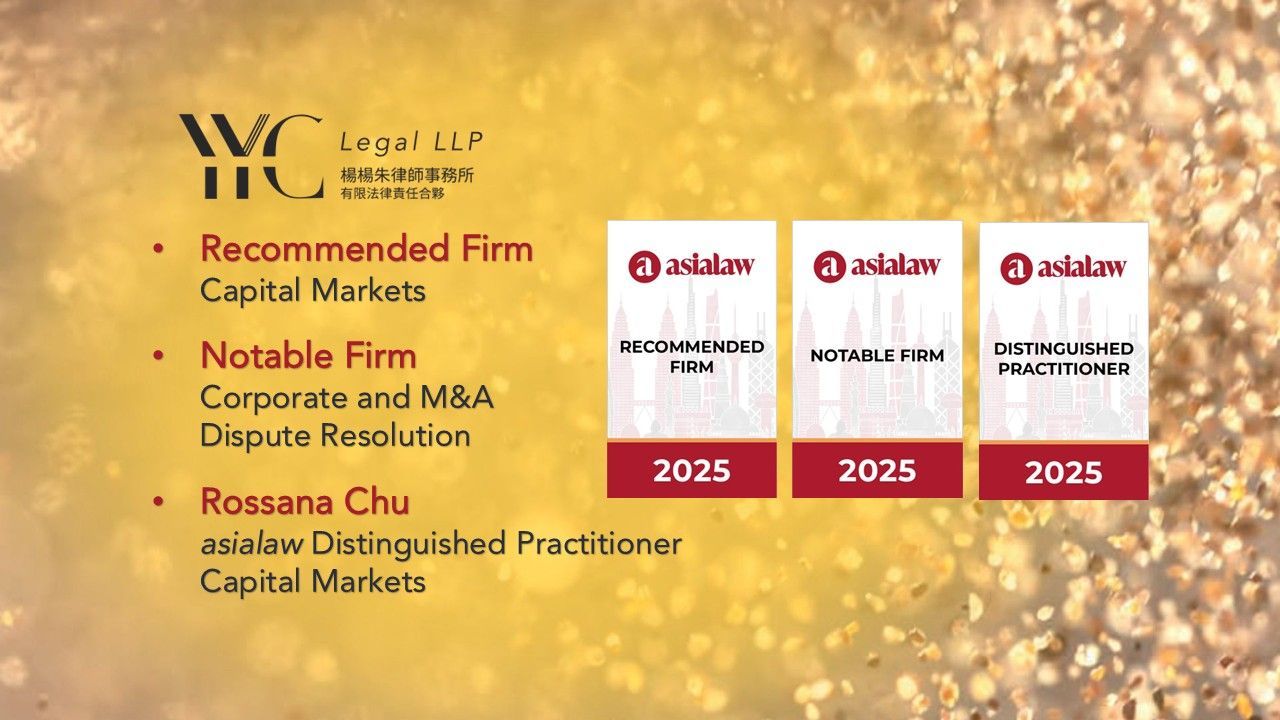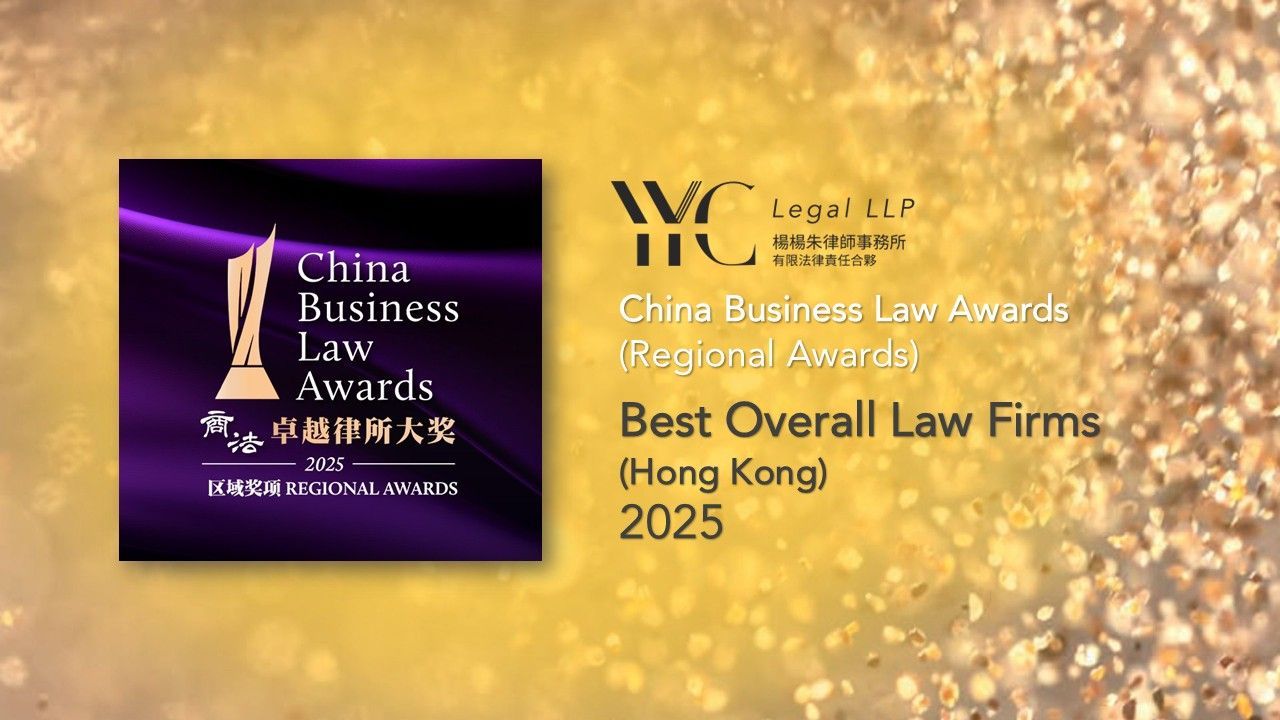The Rules (“Listing Rules”) Governing the Listing of Securities on the The Stock Exchange of Hong Kong Limited (“SEHK”) require the board of directors of every listed company to be comprised of at least three independent non-executive directors. Additionally, the INEDs must represent at least one-third of the board. Therefore, it can be seen that INEDs can indeed make a difference to corporate governance if they discharge their functions properly and effectively.
Although the roles and functions of an INED are different than that of an executive director, they are subject to the same legal duty and held under the same standard as executive directors under the regulatory regime of Hong Kong. For instance, the Listing Rules require every director, in the performance of their duties, to:-
- act honestly and in good faith in the interests of the company as a whole;
- act for proper purpose;
- be answerable for the application or misapplication of its assets;
- avoid actual and potential conflicts of interest and duty;
- disclose fully and fairly his interests in contracts with the company which he or she acts as director; and
- apply such degree of skill, care and diligence as may reasonably be expected of a person of his/her knowledge and experience and holding his/her office within the company.
With reference to the above, one can see that no differentiation is made between executive directors and non-executive directors.
The Hong Kong Courts have also accepted that executive directors and non-executive directors are subject to the same duties as executive directors. In
Law Wai Duen v Boldwin Construction Company Ltd and Chan Shiu Chick & Others [2001] HKCU 842, the Court of Appeal commented, in the context of a private company, that executive and non-executive directors have the same responsibility in law as to the management of a company’s business, and that the law does not have any regard to whether or not a director holds an executive position within the company.
It should be commonly agreed that the most important function that an INED would need to discharge is to exercise independent judgment and to bring about objective scrutiny to the decisions made by executive directors on behalf of the shareholders of the company. The Listing Rules set out a range of factors to assist listed companies in determining whether or not an INED is independent, namely whether or not the INED:
- holds more than a certain percentage of shares in the company;
- receives shares or interest in the securities of the company or its subsidiaries;
- was a director or shareholder of a company which currently provides or has provided services to the company within two years prior to his date of proposed appointment;
- currently, or within one year immediately prior to the date of his proposed appointment, has or had a material interest in any principal business activity of or is or was involved in any material business dealings with the company or associated companies;
- is on the board to protect the interests of another company whose interests are not the same as those of the shareholders as a whole;
- is or was connected with a director, the chief executive or a substantial shareholder of the company within 2 years immediately prior to the date of his/her proposed appointment;
- is, or at any time during the 2 years immediately prior to the date of his/her proposed appointment, has been, an executive or a director (other than an INED) of the company or its associated companies; and
- is financially dependent on the company or its associated companies. It is important to note that the above list is not meant to be exhaustive.
Given the increasing attention paid to INEDs in recent years, it is not surprising that the SEHK published a consultation paper on proposed amendments to its Corporate Governance Code and related Listing Rules in June 2024, whereby a number of key proposals were made in relation to INEDs. At around the same time, the SEHK has also introduced a new webpage, INED Corner, to provide guidance to INEDs on their roles and responsibilities and to assist them to discharge their duties.
On 19 December 2024, the Consultation Conclusions on the Review of the Corporate Governance Code and related Listing Rules (“Consultation Conclusions”) were published. Below is a summary relating to the proposals concerning INEDs.
Designation of a lead INED
The proposal for appointing an INED as a Lead INED will be introduced as a recommended best practice in the Corporate Governance Code. The adoption of a recommended best practice is not mandatory and is voluntary in nature. The appointment of a Lead INED will not be necessary if the Chairman of the Board is an INED.
The Lead INED is expected to facilitate INED discussions on the board and enable stakeholders to better understand INEDs’ contributions and to serve as an intermediary communication channel for other directors and shareholders, especially when regular communication channels with the chairman of the board or the management are insufficient. This does not mean that the Lead INED is expected to have day-to-day management of the company.
Listed Issuers are not required to publish an announcement to appoint a lead INED pursuant to the Listing Rules. However, they should publicise any change in lead INED appointment through an updated list of directors and their roles and functions on SEHK’s website and their own website.
Hard cap on INED directorships
The Listing Rules will have new provisions to restrict an INED from taking up more than six concurrent directorships in Hong Kong listed companies. The new rules will not differentiate between executive and non-executive directorships. An INED who serves as a director of more than six Hong Kong listed companies is considered an overboarding INED.
The purpose of preventing the overboarding of INEDs directorships is to ensure that INEDs have adequate time to perform their duties and is likely to contribute to good board performance and engagement.
There is a three-year transition period for this new restriction starting from 1 July 2025, with compliance required by the first annual general meeting held on or after 1 July 2028 by any issuer that an overboarding INED serves. From 1 July 2025 onwards, IPO applicants will not be permitted to have an INED who holds more than six Hong Kong listed issuer directorships on their board upon listing.
Limit on INED’s tenure
The Listing Rules will introduce new provisions to restrict an INED from serving on a listed issuer’s board for more than nine years. An INED who has served on a listed issuer’s board for more than nine years will be considered a Long Serving INED. After that, a cooling-off period will need to be adopted and such person must not serve as an INED or director for the same listed issuer or its associated companies for at least three years.
Going forward, it will be a mandatory disclosure requirement to disclose the length of tenure and current period of appointment for each named director. The purpose of this new rule is to promote board refreshment, which will in turn foster diversity and independence of perspectives in the boardroom. New INEDs can also provide fresh insight to the board. These are all necessary to enhance corporate governance.
The new requirement will be implemented in two phases:
Phase 1 –
Long Serving INEDs cannot represent the majority of INEDs on the board of the listed issuer by the first annual general meeting held on or after 1 July 2028.
Phase 2 –
the nine year cap will apply on all INEDs of listed issuers by the conclusion of the first annual general meeting held on or after 1 July 2031.
The above proposals are intended to further enhance the function and role of INEDs on the board. INEDs can no longer sit back and play the passive role of overseeing the board or simply rubber stamping the decisions made by senior management. INEDs are expected to constructively monitor the board and to devote sufficient time into their role. Meanwhile, shareholders of listed companies can also look forward to more active INED engagement on the board and board refreshment. Following their implementation, it is expected that the new proposals concerning INEDs will bring about more effective corporate governance regarding listed companies in Hong Kong.
